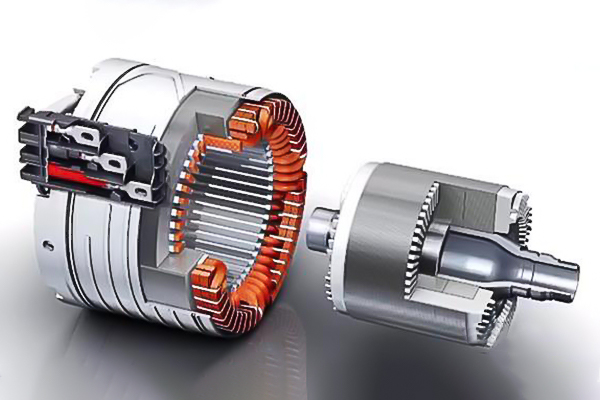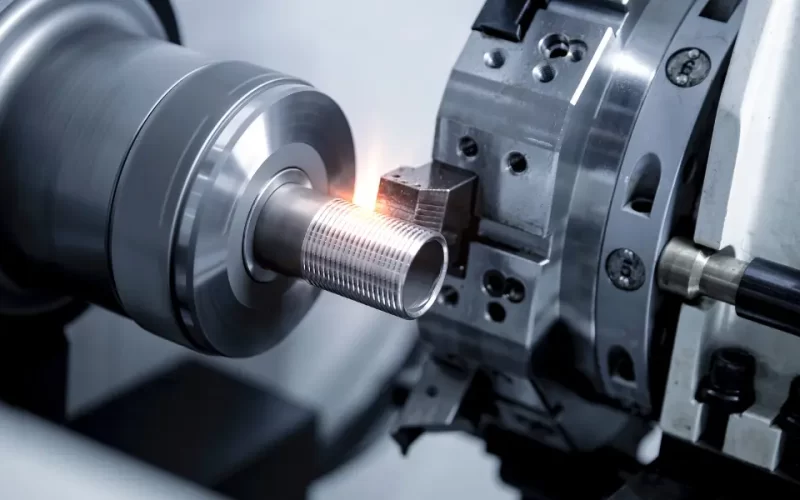Automation, robotics, and precision machinery developments are driving the servo motor industry’s rapid growth. Servo motors are now crucial parts of several industries, from aerospace to automotive manufacture, as companies seek to streamline their operations. A successful servo motor supply chain company needs to be carefully planned, strategically partnered, and managed well. Here are key steps to consider for establishing a successful supply chain in this competitive sector.
Understand the Market and Demand
Before launching your supply chain business, it’s crucial to understand the market demand for servo motors. Identify key industries where these motors are heavily used, such as robotics, CNC machinery, packaging, and automotive. Research trends in automation and smart manufacturing, as these are rapidly increasing the demand for high-performance motors.
Additionally, recognize the growing shift toward energy-efficient solutions and the rising need for custom servo motor applications. Tailoring your offerings to meet the unique needs of different industries can set you apart from competitors and position your supply chain business as a trusted partner in delivering specialized solutions.
Establish Strong Supplier Relationships

A robust supply chain begins with reliable suppliers. Forge partnerships with manufacturers that produce high-quality servo motors and components. Whether you are sourcing motors directly or through intermediaries, prioritize suppliers with a reputation for innovation, durability, and adherence to quality standards.
Creating enduring connections is one of the most important aspects of creating a robust supplier network. To guarantee reliable supply, affordable prices, and on-time delivery, bargain for advantageous conditions with your suppliers. For instance, collaborating with companies like Gian Transmission, known for their precision and innovation in motor solutions, could provide your business with a dependable source of servo motors that meet your customers’ needs.
Leverage Technology for Efficient Operations
Technology plays a central role in streamlining operations within your servo motor supply chain business. To efficiently handle supplier orders, track stock levels, and keep an eye on demand trends, put in place a strong inventory management system. This will guarantee that you can keep a competitive edge and quickly fulfill consumer orders.
Incorporate an enterprise resource planning (ERP) system as well to handle every facet of your company, from sales and customer support to manufacturing and procurement. A cloud-based ERP solution can provide real-time data, helping you make informed decisions and optimize supply chain operations.
Focus on Customization and Differentiation
Servo motors come in a variety of designs, from standard models to highly specialized units. Offering customization options can attract more customers, especially those with specific needs for their applications. This could involve providing tailored motor sizes, specifications, and control systems.
A deep understanding of your customers’ requirements allows you to offer personalized solutions that competitors may not be able to provide. Offering custom servo motor configurations and consulting services can establish your business as a one-stop solution for high-quality, tailored motor systems.
Develop a Distribution Network
A strong distribution network ensures that products reach end customers quickly and efficiently. Work together with logistics companies to cut expenses and improve delivery times. This is especially important in the servo motor market, where customers require fast turnaround times for their operations.
To increase your reach, form alliances with regional distributors and merchants in strategic areas.
As the demand for servo motors increases, being able to quickly supply products across different geographies can significantly improve your business’s profitability.
Focus on Customer Service and Support
Excellent customer service is crucial in building long-term relationships and fostering repeat business. Make certain that your clients receive thorough technical assistance in addition to superior items. This can include troubleshooting, motor installation, and maintenance services.
Strong after-sales service may help customers get the most out of their motors’ lifespan and performance, increasing the likelihood that they will come back for repeat purchases and refer others to your company.
Manage Costs and Optimize Margins
Effective cost control is essential to your company’s success. Carefully track expenses related to procurement, storage, logistics, and labor. Implement lean practices where possible to eliminate inefficiencies and reduce waste.
Over time, you can lower prices by negotiating advantageous terms with suppliers and taking advantage of economies of scale. Additionally, consider value-added services, such as technical consulting or custom motor development, that can increase your revenue per customer while maintaining competitive pricing.
Conclusion
Building a profitable servo motor supply chain business requires an in-depth understanding of market demands, strong supplier relationships, and operational efficiency. By leveraging technology, offering customized solutions, and providing exceptional customer support, your business can differentiate itself in a competitive market. There is a significant chance for long-term success in the servo motor sector with cautious preparation and execution.

